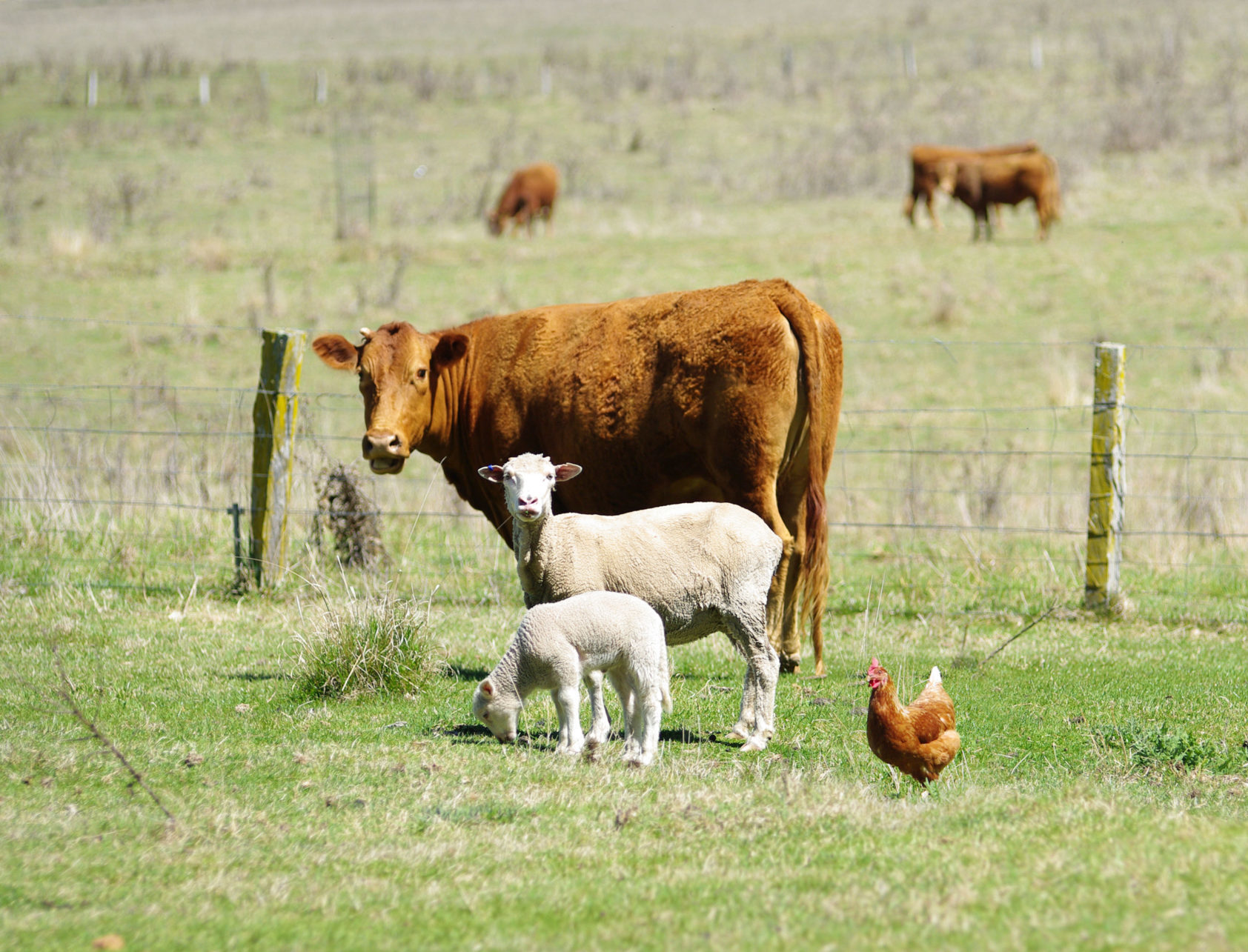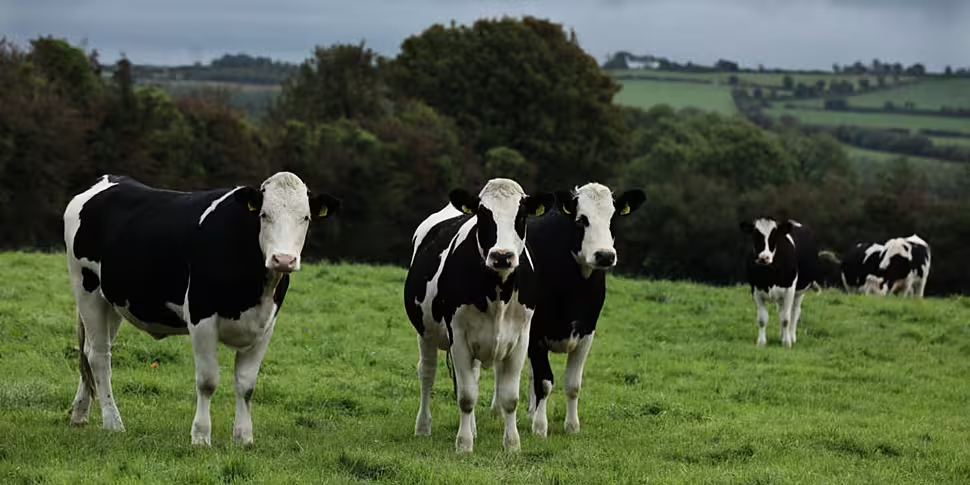A cut in the national herd is now likely because of the Government’s emissions targets, a Green Senator has predicted.
Agriculture is responsible for 37.5% of Ireland’s carbons emissions and how the sector will evolve as the country races towards net zero has been the subject of intense debate in recent weeks.
On Thursday, Environment Minister Eamon Ryan and Agriculture Minister Charlie McConalogue agreed that the sector would reduce its emissions by 25% over the next eight years - an agreement hailed by Mr Ryan as “hugely significant”.
Previously, Taoiseach Micheál Martin has dismissed concerns that emission targets will reduce the national herd as “scaremongering” but speaking to On The Record with Gavan Reilly, Senator Pauline O’Reilly said there probably would be fewer cattle in Ireland by the end of the decade:
“A lot of farmers are not heavy emitters,” she said.
“So it is about changing the practice to lower emitting types of practice; organics is just one example.
"Some farms can do more tillage, planting more forestry - that’s what we passed recently in a bill to have one acre of deciduous forests per farm.
“If we can achieve all these things it actually changes the biodiversity but also [at] the end of the day, it probably does reduce the [national] herd but not in a way that is forcibly taking it off but you’ve only got so much space.”
'A difficult challenge'
However, the agreement has enraged many within the farming community; Tim Cullinan, President of the Irish Farmers’ Association described it as “a potentially devastating blow for Irish farming and the rural economy.” While the Irish Creamery Milk Suppliers Association attacked it as a “sellout”.
 Cows and sheep on a farm in September 2008. Picture by: Clearviewimages RF / Alamy Stock Photo
Cows and sheep on a farm in September 2008. Picture by: Clearviewimages RF / Alamy Stock PhotoEven Government backbenchers admit that the agreement means Ireland’s farmers face a tough few years:
“Well it’s a difficult challenge,” Fianna Fáil’s Senator Eugene Murphy told Newstalk.
“I had a lot of negotiations last week with farmers. I also met with the Minister for Agriculture Charlie McConalogue.
“I made it clear to everybody that I did not expect it to be a 22% [cut]. I would have probably preferred it to be at 24% but having said that I think farmers are willing to rise to the challenge.”
Main image: Cattle on a farm in Leinster. Picture by: Eamonn Farrell/RollingNews









